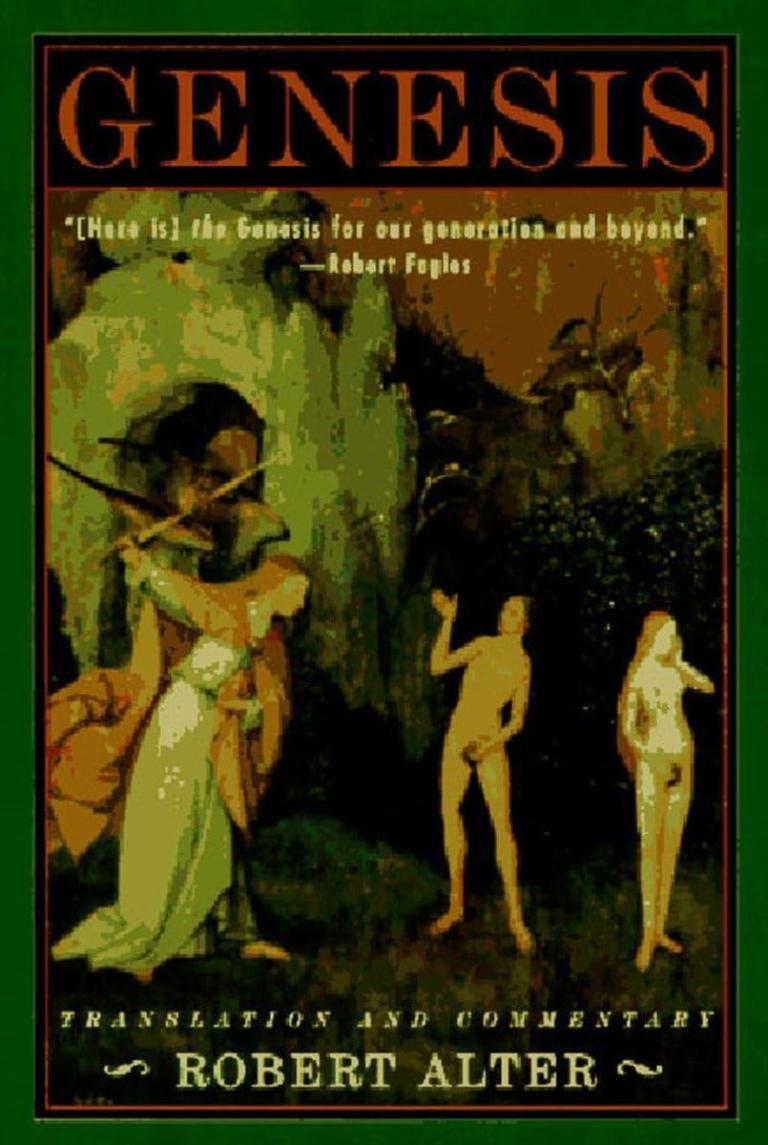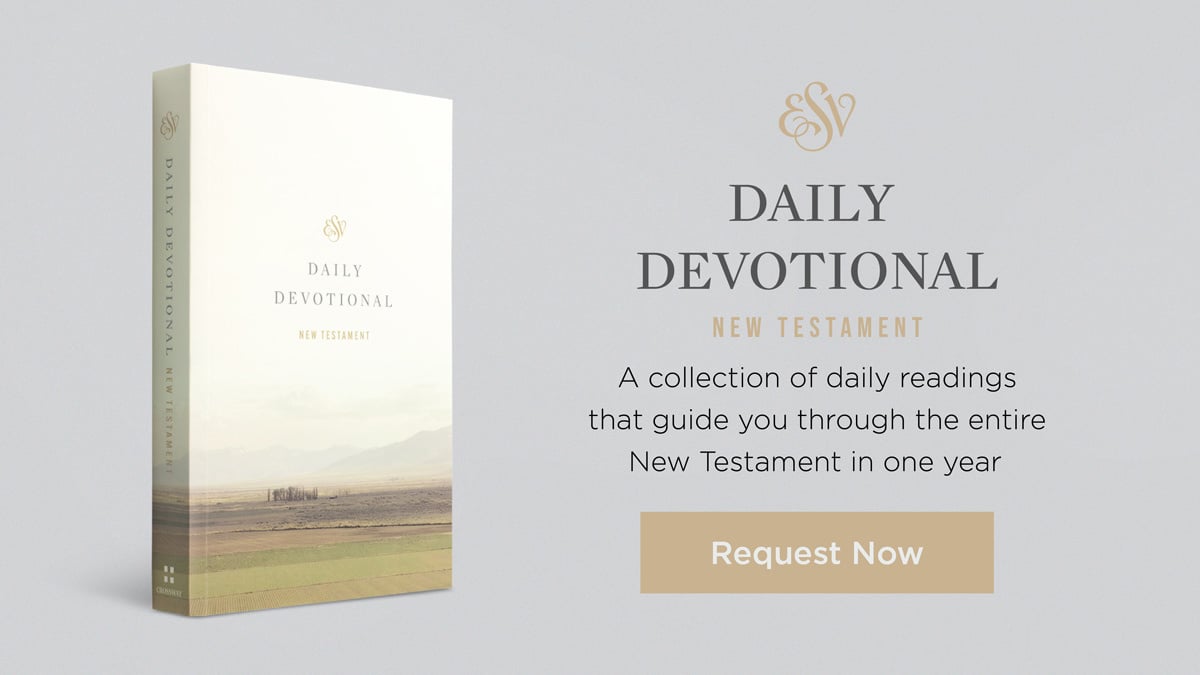While writing my book of prayers, Prayers for the Pilgrimage (IVP, 2024), I had plenty of opportunity to read and familiarize myself with a range of books both on prayer and of prayers, including:
- Saint Teresa’s Life of Prayer
- Andrew Murray’s The Ministry of Intercession
- Rainer Maria Rilke’s Prayers of a Young Poet
- John Baillie’s A Diary of Private Prayer
- Kayla Craig’s To Light Their Way
- Cláudio Carvalhaes’ Liturgies from Below
- William Barclay’s A Barclay Prayer Book
- Audrey Elledge and Elizabeth Moore’s Liturgies for Hope
In the list below, I offer you my top eleven books on and of prayer. While far from exhaustive or definitive, they are books that I have returned to repeatedly over the past few years.
My hope is that they might serve as possible starters on the topic of prayer as well as encouragements to a renewed habit of prayer.
1. The Prayerbook of the Bible, by Dietrich Bonhoeffer
Bonhoeffer’s book on the Psalms is a classic for a reason. Functioning as an expert guide to the Bible’s own prayer book, it has also served for decades to nurture Christians in the way of prayer—gutsy, honest-to-God prayer.
Following Luther’s lead, Bonhoeffer frames his reading of the Psalter in light of the Lord’s Prayer, and shows how praying the Psalms is our way of praying the prayers of Christ himself. In our imitation of Christ, in other words, we pray what he prayed. We also pray what he fulfilled in his own life: the Psalms.
In this way, the Psalms train us in faithful praying and faithful living. “It is not our prayers that interpret the Psalms,” writes Bonhoeffer, “but the Psalms that interpret our prayers.” Just so.
Much like Bonhoeffer’s book, Peterson takes readers into the marrow of the Psalter in order to help them to discover the heart of prayer. “Far from being cosmetic language,” Peterson writes, “poetry is intestinal language. It’s language that helps us to pray.”
Peterson shows how the Psalms bring us into the large country of God’s creation and salvation. And in praying the Psalms, he argues, we learn to become more and more ourselves in the company of the faithful. The Psalms, Peterson concludes,
are God’s gift to train us in prayer that is comprehensive (not patched together from emotional fragments scattered around that we chance upon) and honest (not a series of more or less sincere verbal poses that we think might please our Lord).
3. Every Moment Holy, by Douglas McKelvey
Left to our own devices, we often pray less than we ought to pray and not enough of what we could pray.
While God certainly welcomes all our clumsy, confused, half-hearted prayers, he also invites us to take on our lips the prayers that others have crafted. This includes the prayers of the psalmists and the prayer that our Lord taught his disciples. But it also includes the prayers of saints both past and present.
Such is the case with Douglas McKelvey’s book of liturgies, Every Moment Holy. His prayers have enabled me to bring before God all the parts of my life, not just the so-called spiritual parts. For that, I am deeply grateful.
A few favorite liturgies include:
- “For Students & Scholars”
- “For Those Who Have Not Done Great Things for God”
- “For the Death of a Dream”
- “For Those Who Cannot Sleep”
4. A Prayer Journal, by Flannery O’Connor
In a journal kept by the then-twenty-one-year-old Flannery O’Connor whilst studying at the Iowa Writers’ Workshop, and kept only from January 1946 to September 1947, we witness the earnest prayers of a writer who would come to define the landscape of art and faith in the latter half of the twentieth century.
Both brutally honest and wincingly self-aware, O’Connor offers readers not only a glimpse into her own prayer life but also permission to pray similar prayers. “I do not know you God,” O’Connor writes, “because I am in the way. Please help me to push myself aside. … I do not wish to presume. I want to love.” Here, we glimpse the heart of one, at prayer, who in time would disclose the confused heart of modernity in her short stories and novels in order to help her readers discover, as if for the first time perhaps, the heart of the incarnate God.
5. Prayer, by Karl Barth
Although Karl Barth might not be the first theologian that comes to mind when one thinks of the topic of prayer, Barth devoted 540 pages to prayer over the course of his life’s work.
Drawn from a series of lectures that the Swiss theologian gave in French at Neuchâtel between 1947 and 1949, this exposition of the Lord’s Prayer shows Barth at his best: as a theologian who firmly believes that the first and basic act of theological work is prayer.
Undertaken in conversation with both Luther and Calvin, Barth identifies the Lord’s Prayer as the breviary of the whole gospel, and to pray this prayer is to pray by the mouth of Christ himself.
In showing us what theology as prayer looks like, then, not merely a theology of prayer, Barth rightly shows all theologies to be bankrupt which do not prompt us first and foremost to pray.
6. Help, Thanks, Wow: The Three Essential Prayers, by Anne Lamott
Written for the nones and dones in mind, Lamott keeps prayer refreshingly simple in this slim but winsome book. Only three prayers are needed, she insists:
- Help
- Thanks
- Wow
“This is a hard planet,” she writes, “and we’re a vulnerable species. And all I can do is pray: Help.” But to keep us from getting stuck in a vicious cycle of “help” prayers, Lamott recommends that we pray “thanks” and “wow,” too. Yet however and whatever we pray, she suggests “we leave the results in God’s good hands.”
One needn’t buy Lamott’s theology wholesale, it should be said, in order to appreciate the window she offers us into the heart of the wanderers and wounded of our age who desperately wonder whether there is a God who hears and heeds our prayers.
7. Prayer: Finding the Heart’s True Home, by Richard Foster
For those of us who were raised to think that there were only four ways to pray—adoration, confession, thanksgiving, supplication—Foster offers both a tour de force on the subject of prayer and a tour through the history of Christian practices of prayer.
From the “prayer of tears” to the “prayer of relinquishment,” from the Examen prayer to the Healing prayer, from the “ordinary” prayers to the “sacramental” prayers, Foster’s Prayer invites readers into the life of the Holy Trinity and in so doing invites them to be caught up in something much bigger even than our forms and habits of prayer: the transformative presence of God himself.
8. The Way of the Heart: The Spirituality of the Desert Fathers and Mothers, by Henri Nouwen
In this gem of a book, Nouwen outlines three indispensable disciplines to the spiritual life:
- Solitude
- Silence
- Prayer
Deriving from a seminar which he taught at Yale Divinity School on the spirituality of the fourth-century desert fathers and mothers, The Way of the Heart carries readers through the heart of prayer, which, for Nouwen, involves an immersion in the life of the Spirit of God.
“The prayer of the hesychasts,” writes Nouwen, “is a prayer of rest. This rest, however, has little to do with the absence of conflict or pain. It is a rest in God in the midst of a very intense daily struggle.” This is the kind of good news that Nouwen offers his readers, a mingling of hope and honesty, and a gentle leading of the reader to experience the presence of God in prayer for themselves.
9. Prayers Plainly Spoken, by Stanley Hauerwas
Hauerwas insists that a theology course that does not begin with prayer is a class not worth teaching. “Any theology,” Hauerwas writes, “that is finally not about helping us to pray cannot be Christian.” Yet he also has no bones about his inability to pray well off the cuff.
Begun during his early years at Duke Divinity School, Hauerwas took up the habit of writing out his prayers before each class. Swearing off any need to sound “pious,” however, he chose instead to say things as plainly as possible, though with enough eloquence as the individual prayer demanded. His prayers include responses to war, death, betrayal, and the suicide of one of his students, along with things like beauty, forgiveness, growing old, and, of course, God.
“God wants our prayers and the prayers God wants are our prayers.” That’s what Hauerwas needed to hear himself—and perhaps the rest of us, too.
10. The Practice of the Presence of God, by Brother Lawrence
Having grown up in a tradition that could hardly conceive of God’s interest in the mundane circumstances of life, the discovery of this book by this seventeenth-century Carmelite lay brother proved to be a breath of fresh air during my college years.
Comprised of both letters and records of his conversations kept by the Abbé Joseph de Beaufort, The Practice of the Presence of God records Brother Lawrence’s ruminations on a life spent largely in the kitchen and, in his later years, repairing sandals.
“Lord of all pots and pans and things,” writes Brother Lawrence (1611–1691), “make me a saint by getting meals, and washing up the plates.” We could substitute here “writing emails,” “running errands,” “doing chores,” or “doing taxes,” and feel afresh the good news included in this classic of spiritual theology.
11. Prayers for the Pilgrimage: A Book of Collects for All of Life, by W. David O. Taylor
When the 2020 pandemic hit, I began a daily practice of writing collects, a form of prayer that dates back to the fifth century. For me, it was, at first, a way to cope with my fears over an unpredictable future. In time, it became a spiritual practice—and then a book.
Accompanied by a series of paintings by my wife, Phaedra, and comprising more than four hundred prayers, Prayers for the Pilgrimage includes prayers for morning and evening, work and play, doubt and faith, and from Advent to Lent, and birth to death.
Amongst others, I’ve written prayers “For Dashed Plans,” “For a Mid-Life Crisis,” “For Changing a Diaper at Night,” “For Our Wounded Country,” “For Pets, “For Sermons,” “For Single Parents,” “For Enemies,” “For VBS,” and “For When Things Don’t Go According to Plan.”

 1 day ago
4
1 day ago
4









 English (US) ·
English (US) ·